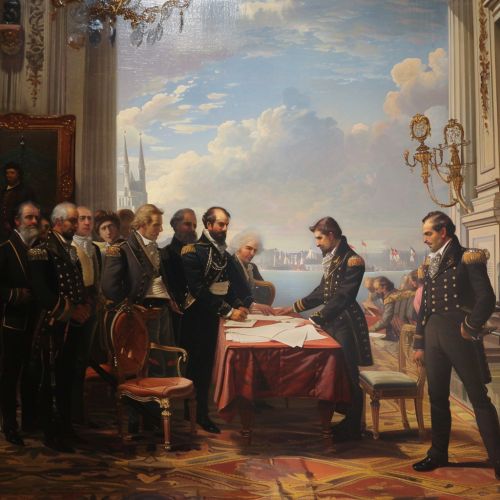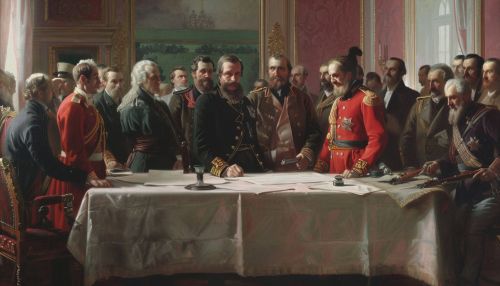Crimean War
Origins of the War
The Crimean War was a military conflict fought from October 1853 to February 1856, involving the Russian Empire on one side and an alliance of the United Kingdom, France, the Kingdom of Sardinia, and the Ottoman Empire on the other. The war originated from a series of disputes over territories in the declining Ottoman Empire and the influence of the European powers in these regions.
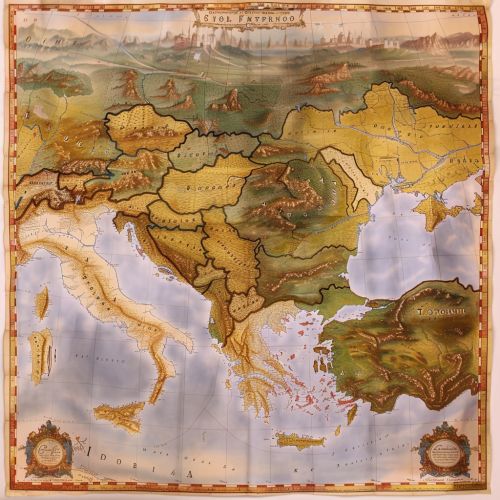
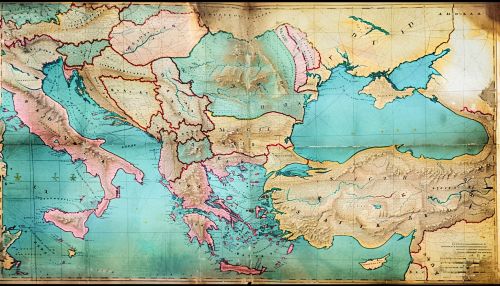
Causes and Pre-War Diplomacy
The immediate cause of the war was a dispute between Russia and France over the privileges of the Russian Orthodox and Roman Catholic churches in the holy places of Palestine. The Ottoman Empire, under pressure from France, issued a firm which altered the status quo in favor of the Catholics, a move Russia opposed. This disagreement led to a series of diplomatic failures, ultimately culminating in the start of the war.
The War
The war was characterized by a series of battles and sieges, with the most significant being the Battle of Alma, the Siege of Sevastopol, and the Battle of Balaclava. The war was also notable for the use of new technologies, such as the telegraph, which allowed for faster communication between the front lines and the home front.
The Battle of Alma
The Battle of Alma, fought on 20 September 1854, was the first major battle of the Crimean War. The allied forces of Britain, France, and Turkey defeated the Russian forces, marking a turning point in the war.
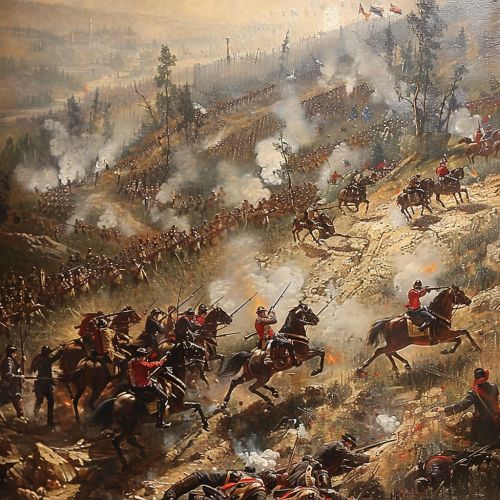
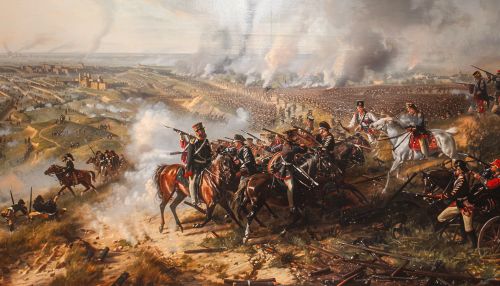
The Siege of Sevastopol
The Siege of Sevastopol, which lasted from September 1854 to September 1855, was a key event in the Crimean War. The Russian-held city of Sevastopol was besieged by the allied forces, and the siege ended with the city's fall to the allies.
The Battle of Balaclava
The Battle of Balaclava, fought on 25 October 1854, was another significant battle of the Crimean War. The battle is best known for the Charge of the Light Brigade, a failed military action involving the British light cavalry led by Lord Cardigan against Russian forces.
The End of the War and the Treaty of Paris
The war ended with the signing of the Treaty of Paris on 30 March 1856. The treaty marked the end of the war and resulted in significant territorial and political changes in Europe.
Impact and Legacy
The Crimean War had a profound impact on the future of Europe. It marked the end of the Concert of Europe, a balance of power that had maintained peace in Europe since the end of the Napoleonic Wars. The war also led to significant changes in military tactics and technology, and it highlighted the need for improved medical care for wounded soldiers, leading to the establishment of the International Red Cross.
See Also
